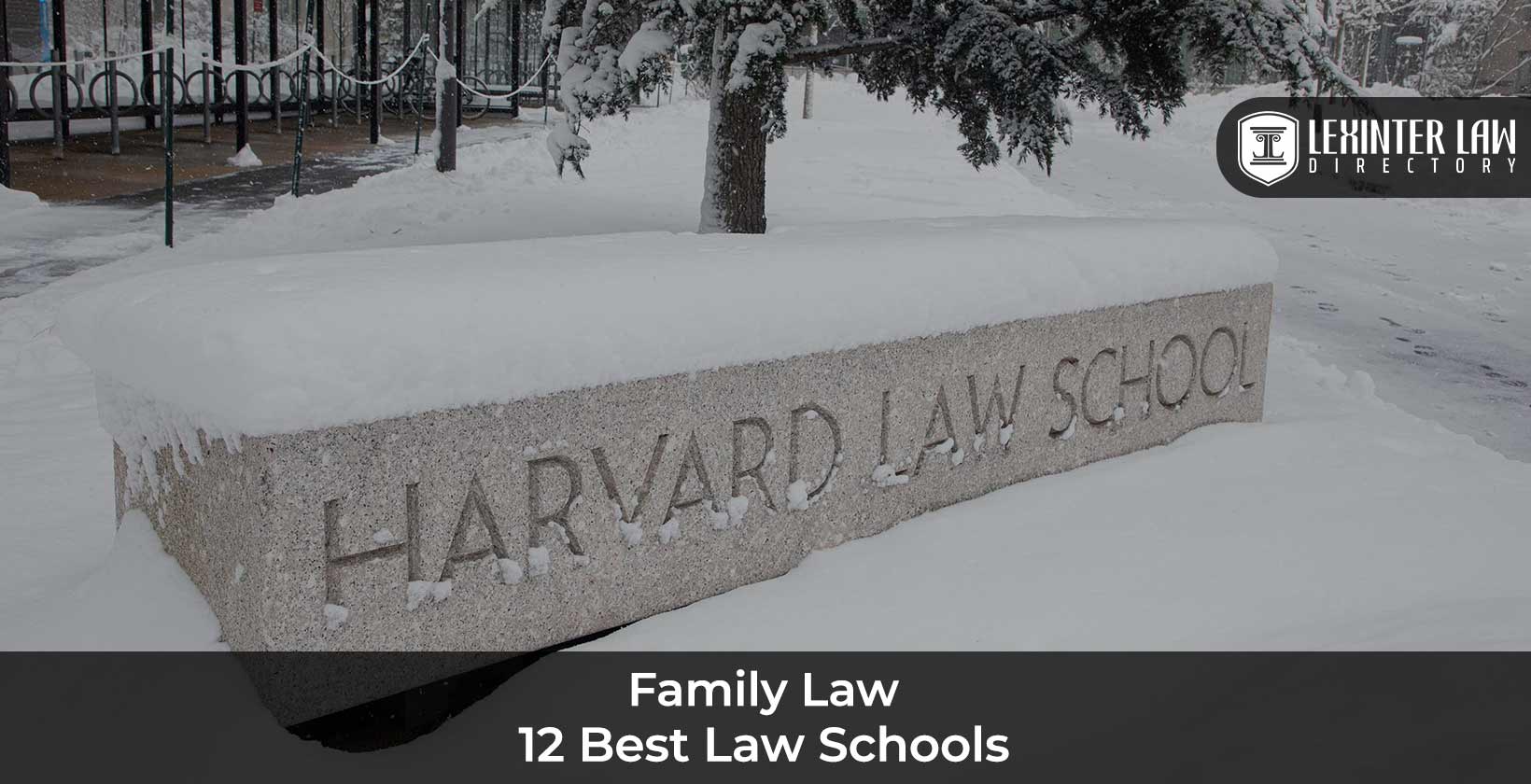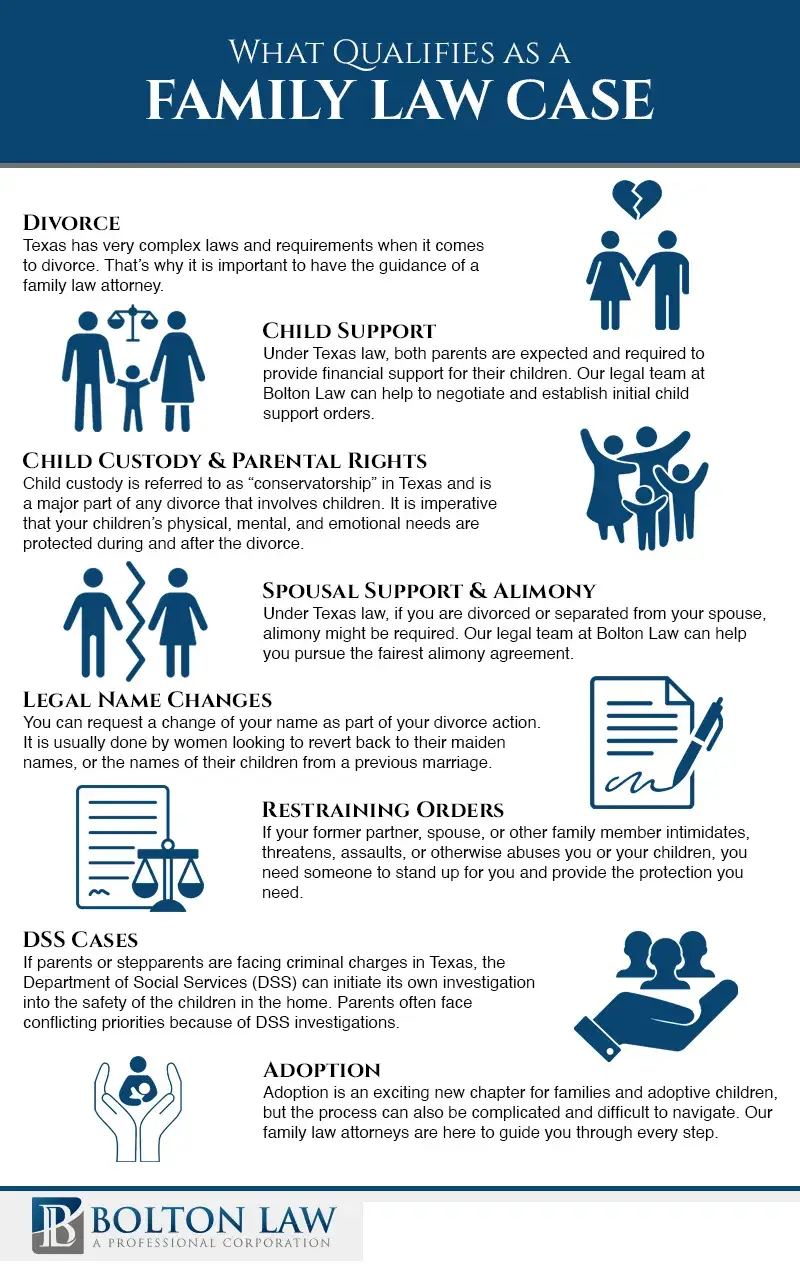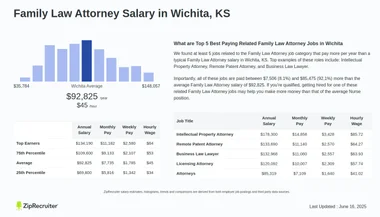What are the best solicitors for family law?
When it comes to navigating the complexities of family law, finding the right solicitor can be a daunting task. With emotions running high and the stakes often feeling personal, it’s essential to have a trusted and experienced professional by your side. From divorce and separation to child custody and financial disputes, a skilled family law solicitor can provide expert guidance and support throughout what can be a challenging and emotional journey. But with so many options available, how do you determine which solicitor is best suited to your needs?
Determining the Best Solicitors for Family Law: A Comprehensive Guide
When it comes to navigating complex family law matters, having the right solicitor by your side can make all the difference. With so many options available, it can be overwhelming to determine which solicitors are best equipped to handle your case. In this guide, we’ll delve into the key factors to consider when selecting a family law solicitor, highlighting the top firms and individual lawyers in the field.
Expertise and Specialization
One of the most critical factors to consider when choosing a family law solicitor is their level of expertise and specialization. Look for solicitors who have dedicated their practice to family law and have a deep understanding of the intricacies involved. A solicitor with extensive experience in family law will be better equipped to navigate complex cases, anticipate potential issues, and provide effective solutions.
Reputation and Client Testimonials
A solicitor’s reputation and client testimonials can provide valuable insight into their level of expertise, professionalism, and client satisfaction. Research online reviews, ask for referrals, and check with professional organizations to get a sense of a solicitor’s reputation. A solicitor with a strong reputation and glowing client testimonials is more likely to provide high-quality services.
Fees and Cost Structure
It’s essential to understand a solicitor’s fee structure and costs associated with their services. Be sure to ask about their hourly rates, any additional fees, and their approach to cost management. A transparent fee structure and cost-effective approach can help you budget and make informed decisions about your case.
Communication and Availability
Effective communication is critical in any legal matter, particularly in family law cases where emotions can run high. Look for solicitors who are responsive, empathetic, and willing to communicate regularly throughout the process. Ensure they have a clear understanding of your needs, concerns, and goals.
Professional Affiliations and Accreditations
A solicitor’s professional affiliations and accreditations can indicate their level of expertise, commitment to staying up-to-date with industry developments, and adherence to industry standards. Look for solicitors who are members of reputable organizations, such as the Law Society’s Family Law Panel or Resolution, and hold accreditations like the Resolution Specialist accreditation.
| Solicitor/Firm | Expertise | Reputation | Fees | Communication | Professional Affiliations |
|---|---|---|---|---|---|
| Stewarts Law | High-net-worth divorce, complex financial disputes | Excellent reputation, 4.9-star rating on Trustpilot | Hourly rates, fixed fees for certain services | Responsive, empathetic communication | Member of Resolution, Law Society’s Family Law Panel |
| Forbes Solicitors | Family law, child law, domestic abuse | Strong reputation, 4.7-star rating on Google Reviews | Competitive hourly rates, fixed fees for certain services | Regular updates, approachable communication | Member of Resolution, Law Society’s Family Law Panel |
| Irwin Mitchell | Family law, divorce, financial disputes | Excellent reputation, 4.8-star rating on Trustpilot | Hourly rates, fixed fees for certain services | Responsive, supportive communication | Member of Resolution, Law Society’s Family Law Panel |
Where is the best place to study family law?

The best place to study family law depends on several factors such as the country’s legal system, academic reputation, and career opportunities. However, some of the top destinations for studying family law include:
United States
The United States is a popular destination for studying family law due to its diverse legal system and world-renowned law schools. Some of the top law schools for family law in the US include:
- Harvard Law School
- Yale Law School
- Stanford Law School
These law schools offer specialized courses and programs in family law, providing students with a comprehensive understanding of the subject.
United Kingdom
The United Kingdom is another prime location for studying family law, with its rich history of common law and prestigious law schools. Some of the top law schools for family law in the UK include:
- Oxford University
- University of Cambridge
- University College London
These law schools offer a unique blend of theoretical and practical knowledge, preparing students for a successful career in family law.
Australia
Australia is also a popular destination for studying family law, with its unique blend of common law and statutory law. Some of the top law schools for family law in Australia include:
- University of Melbourne
- University of Sydney
- University of Queensland
These law schools offer a range of courses and programs in family law, including specialized degrees and certifications.
What major is best for family law?

When it comes to pursuing a career in family law, choosing the right college major can be a crucial step. While there isn’t a specific family law major, certain undergraduate degrees can provide a solid foundation for a future in this field.
Undergraduate Majors that Align with Family Law
Several undergraduate majors can provide a strong foundation for a career in family law. These include:
- Political Science: This major can provide a solid understanding of the legal system, political processes, and social structures, all of which are relevant to family law.
- Sociology: By studying sociology, you can gain insight into the social dynamics of families, marriage, and divorce, as well as the impact of social policies on families.
- Psychology: A psychology major can help you understand human behavior, child development, and the emotional aspects of family relationships, all of which are critical in family law cases.
Other Relevant Majors and Coursework
In addition to the majors mentioned above, other fields of study can also be beneficial for a career in family law. These include:
- Business or Economics: Understanding financial concepts, such as property division and spousal support, is essential in family law.
- Philosophy: This major can help you develop critical thinking and analytical skills, which are valuable in legal reasoning and argumentation.
- Communications or English: Developing strong writing and communication skills can help you effectively advocate for clients and communicate complex legal concepts.
Post-Graduate Education and Certification
While a bachelor’s degree can provide a solid foundation, it’s essential to note that family law attorneys must earn a Juris Doctor (J.D.) degree from a law school accredited by the American Bar Association (ABA). After completing law school, you’ll need to pass the bar exam in the state where you wish to practice. Additionally, some attorneys may choose to pursue certification in family law through organizations like the American Board of Certification (ABC).
What is the highest salary for a family lawyer?

The highest salary for a family lawyer can vary greatly depending on factors such as location, years of experience, and level of expertise. However, according to the Bureau of Labor Statistics (BLS), the median annual salary for lawyers in the United States was $126,930 in May 2020. Top-paying industries for lawyers include finance and insurance, followed by government and healthcare.
Top-Paying Cities for Family Lawyers
Family lawyers practicing in certain cities tend to earn higher salaries than those in other areas. Here are the top-paying cities for family lawyers in the United States:
- San Francisco, CA: $193,000 – $250,000 per year
- New York City, NY: $175,000 – $225,000 per year
- Los Angeles, CA: $160,000 – $210,000 per year
- Washington, D.C.: $155,000 – $200,000 per year
- Chicago, IL: $140,000 – $180,000 per year
High-Demand Specializations for Family Lawyers
Some specializations within family law may command higher salaries due to high demand or complexity. Here are some high-demand specializations for family lawyers:
- Child custody and relocation cases: These cases often involve complex legal issues and high stakes, making them more lucrative for family lawyers.
- High-net-worth divorce cases: Family lawyers handling divorce cases for high-net-worth individuals may earn higher salaries due to the complexity of these cases and the need for expert financial analysis.
- International family law cases: Family lawyers with expertise in international family law may earn higher salaries due to the complexity of these cases and the need for knowledge of multiple legal systems.
Factors Affecting Salary for Family Lawyers
Several factors can influence a family lawyer’s salary, including:
- Years of experience: More experienced family lawyers tend to earn higher salaries.
- Level of education: Family lawyers with advanced degrees, such as an LL.M. or J.D., may earn higher salaries.
- Firm size and type: Family lawyers working in larger law firms or boutique firms may earn higher salaries than those in smaller firms or solo practices.
- Location: Family lawyers practicing in urban areas tend to earn higher salaries than those in rural areas.
How to become a family lawyer in South Africa?

Becoming a family lawyer in South Africa requires a combination of academic achievement, practical experience, and registration with the relevant authorities. Here’s a step-by-step guide to help you get started:
Academic Qualifications
To become a family lawyer in South Africa, you need to obtain a Bachelor of Laws (LLB) degree from a recognized university. The LLB program typically takes four years to complete and covers a wide range of legal subjects, including family law, contracts, torts, and constitutional law.
Practical Experience and Training
After completing your LLB degree, you need to gain practical experience in family law by completing a one-year internship program with a law firm or attorney that specializes in family law. This internship program is known as articles of clerkship and provides you with hands-on experience in preparing legal documents, conducting research, and assisting attorneys in court.
During this period, you can also attend practical training courses, workshops, and seminars to enhance your skills and knowledge in family law. Some law firms and organizations offer specialized training programs in family law, which can be beneficial in building your expertise.
Registration and Licensing
Once you have completed your LLB degree and internship program, you need to register with the Law Society of South Africa (LSSA) to become an admitted attorney. The LSSA is the regulatory body for attorneys in South Africa and maintains a register of all admitted attorneys.
To register with the LSSA, you need to meet the following requirements:
- Pass the Attorneys Admission Examination (AAE) conducted by the LSSA.
- Provide proof of completion of your LLB degree and internship program.
- Pay the registration fees and obtain professional indemnity insurance.
After registration, you can practice as an attorney and specialize in family law. You can also consider obtaining specialized certifications, such as the Certificate in Family Law, offered by the LSSA to demonstrate your expertise in family law.
More Information
What are the key qualities to look for in a family law solicitor?
When searching for a family law solicitor, there are several key qualities to look for to ensure you find the right professional for your case. Firstly, you want a solicitor with extensive experience in family law, specifically in areas relevant to your case, such as divorce, child custody, or financial settlements. A good family law solicitor should also possess excellent communication skills, being able to listen actively and provide clear, concise advice throughout the process. Additionally, they should be empathetic and understanding, as family law cases can be emotionally charged. Furthermore, look for a solicitor who is a member of professional organizations, such as the Law Society’s Family Law Accreditation Scheme, which demonstrates their expertise and commitment to staying up-to-date with the latest legal developments.
How do I find a reputable family law solicitor in my area?
Finding a reputable family law solicitor in your area can be achieved through a combination of research and referrals. Start by asking friends, family, or colleagues who have experience with family law cases for recommendations. You can also check online directories, such as the Law Society’s website, which provides a list of accredited family law solicitors in your area. Additionally, check review websites, such as Legal 500 or Chambers and Partners, which provide independent ratings and reviews of solicitors. It’s also essential to check a solicitor’s credentials, including their qualifications, experience, and any professional memberships they hold. Finally, make a shortlist of potential solicitors and schedule a consultation to assess their compatibility and approach to your case.
What are the benefits of using a specialist family law solicitor?
Using a specialist family law solicitor can have several benefits in navigating the complexities of family law. Firstly, a specialist solicitor has in-depth knowledge of family law and its nuances, ensuring you receive expert advice and guidance throughout the process. They also have experience in negotiating settlements and representing clients in court, which can be invaluable in achieving a favorable outcome. Furthermore, a specialist family law solicitor is more likely to be up-to-date with the latest legal developments and changes in legislation, ensuring your case is handled in accordance with the most recent laws and regulations. Additionally, a specialist solicitor can provide emotional support and guidance, helping you to make informed decisions during a difficult and emotional time.
How much does it cost to hire a family law solicitor, and what are the payment options?
The cost of hiring a family law solicitor can vary depending on factors such as the complexity of your case, the solicitor’s experience, and the location of their practice. Typically, solicitors charge by the hour, with rates ranging from £150 to £500 per hour. Some solicitors may offer a fixed fee for specific services, such as drafting a divorce petition or attending a court hearing. Others may offer a retainer fee, where you pay a set amount upfront, which is then deducted from your final bill. It’s essential to discuss payment options and costs with your solicitor during the initial consultation, to ensure you understand their fee structure and can plan accordingly. Some solicitors may also offer a free initial consultation, which can be an excellent opportunity to assess their compatibility and approach to your case without incurring additional costs.










